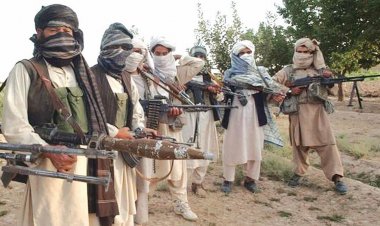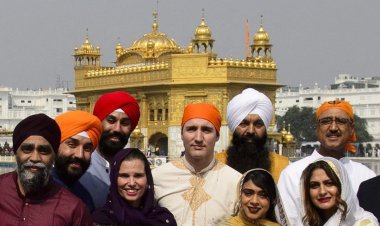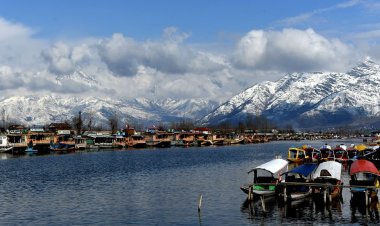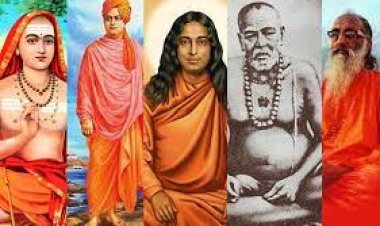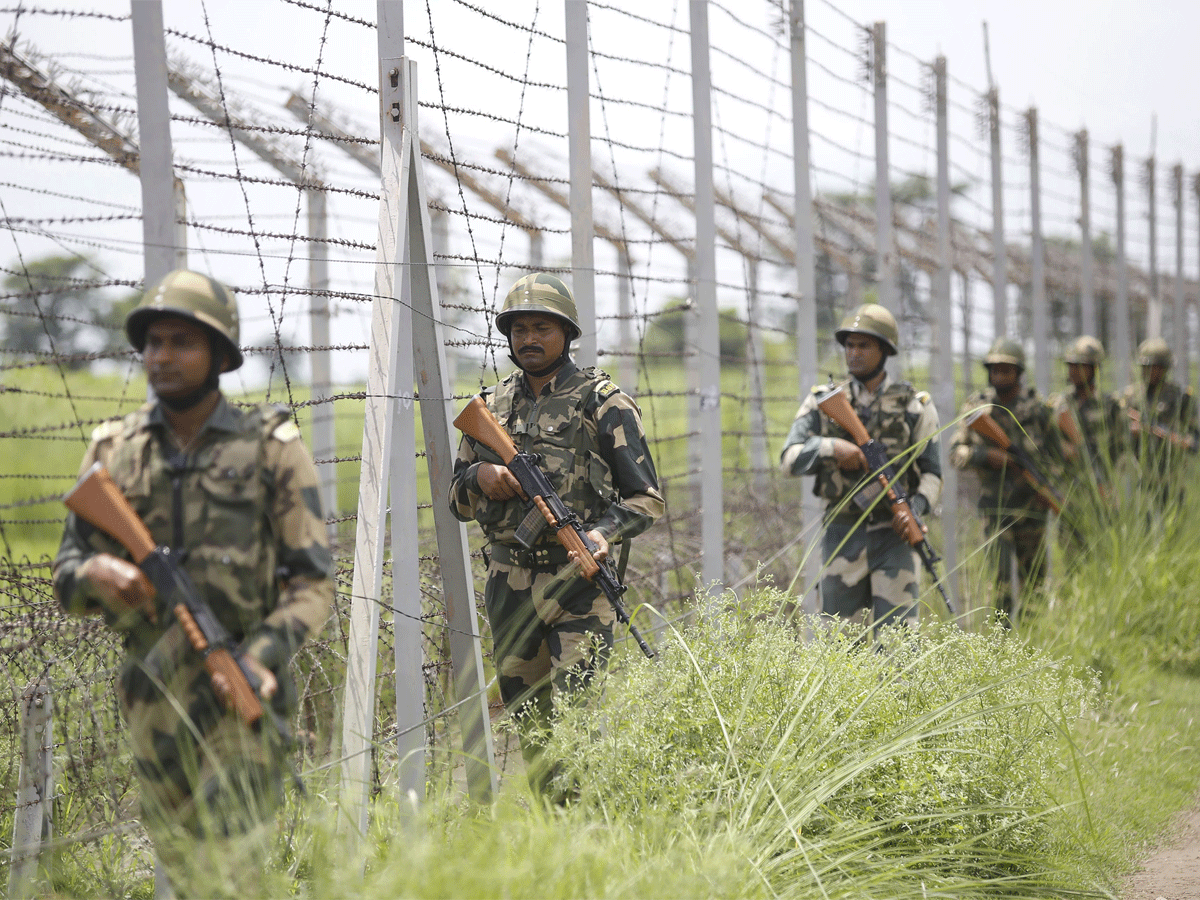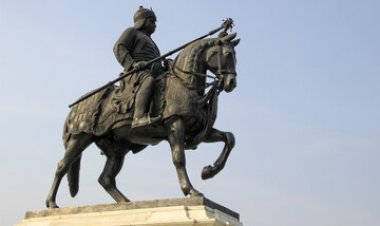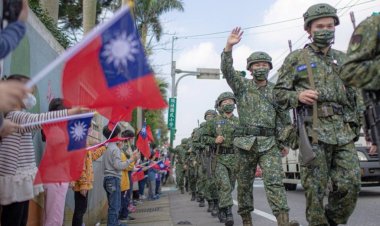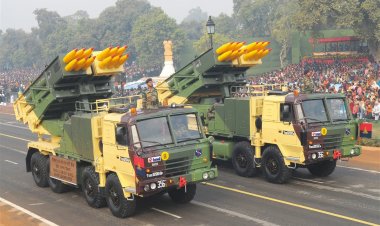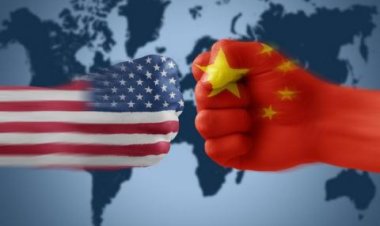The Rise of India’s Soft Power Approach to Global Politics
India, a major player in the globe today, has used its unique soft power resources, including its diaspora, yoga, Buddhism, and financial support, to advance its national interests and win diplomatic wins. In this article, we'll discuss how India is boosting its standing globally and the growing significance of its soft power. We will examine a number of significant actions and choices made by the Modi administration to accelerate the soft power of India's stagnant growth. We'll begin by discussing India's diplomatic history, including its use of soft power, from ancient times through British India and modern India. It will include the development of India's soft power and how to better use India's cultural heritage to gain global influence.
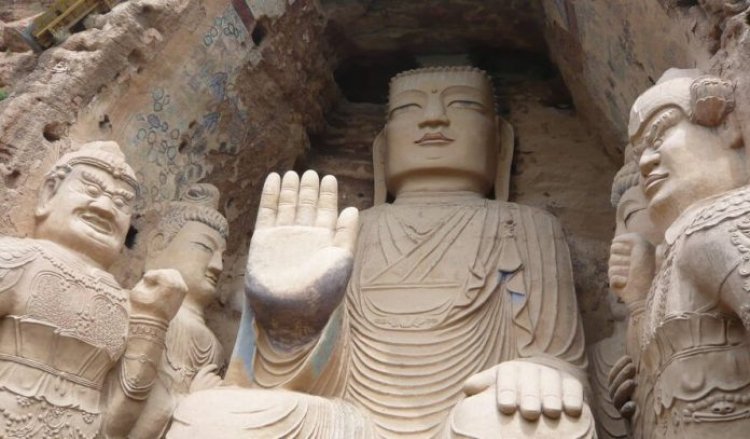
Commentary
By Monika
The term "soft power" can be interpreted as an usable national capability to achieve a nation's foreign policy priorities and objectives through non-coercive means. India is a developed country with a strong soft power heritage. The country is well aware of the importance of cultural engagement and needs to make a few more efforts to make its culture appealing to the rest of the world. India envisions a liberal, nonviolent, relatively pluralistic democracy with non-threatening global leadership. Soft power assets generated by luminaries such as Mahatma Gandhi and Rabindranath Tagore, as well as the arts of literature, music, dance, the software industry, Ayurveda, and so on, highlight India's appeal to the world's population. Indians are known for their core values of respect, harmony, and fraternity, with Ashoka, Buddha, and Gandhi serving as primary leaders. Epics from mythologies like the Mahabharata and Ramayana are likened to classic Greek works like the Odyssey and Iliad. Between 1 and 1000 AD, India was lauded as the "Golden Bird" for its GDP, which was higher than China at the time. As a result, India soon received immigrants, traders, and invaders like "Alexander the Great." Over the years, Jews, Christians, Muslims, and people of other faiths have received protection and religious and cultural freedom in India. India's history and culture are her gifts to the world, showing how the country peacefully accepted many religions while never losing sight of its own culture and history.
The concept of "unity in diversity" serves as the foundation of India's international representation, reflecting the diverse range of cultures and civilizations that continue to captivate people all over the world.The rootlets of soft power spread far. Indian soft power is praised for fostering positive relationships with other countries through tradition, religion, ethnolinguistics, and language. The outside world found everything about Indian culture to be fascinating. In addition to "soft" power, India is committed to advancing internationally through trade and statecraft. The concept of "Vasudhaiva Kutumbakam" was introduced to the globe and to India through the Upanishads. Chanakya, a well-known ancient Indian philosopher, used grants and non-aggression treaties to gain control over neighboring nations, illustrating the significance of soft power in ancient Indian statesmanship. India's rich and ancient past has produced a number of academicians, thinkers, and researchers who have dedicated themselves to the formation of unique schools of knowledge, a pearl of wisdom that has travelled and established itself far beyond India's borders.The most notable hubs of cultural synthesis and soft power were India's historic institutions, which attracted many academics and students from around the globe. Academicians, scholars, and professionals from a variety of fields around the world have been drawn to India because of its mystic civilization. As a result, several Indologists have emerged. Indian society and culture, which includes Indian ethnic foods, religious faiths, festivals, spiritual practices, meditation, movies, and music, have a significant impact on Asian, West Asian, European, and African markets.
India was widely commended for achieving independence from colonial domination as well as for standing up for the global South despite its inherent challenges of extreme hardship and cultural diversity. India's soft power has developed into the capacity to forge new relationships, fortify existing ones, and mend rifts caused by political and historical events. India promoted peaceful development, a good neighborly policy, and the use of soft power in the 1990s to bolster its foreign policy and strengthen its standing in South Asia.
Since 2014, the Modi administration has made considerable investments in materials and initiatives aimed at boosting India's soft power. To enhance India's reputation overseas, Modi's administration has launched a variety of soft power programs. Make in India, for instance, promotes domestic production and innovation. Meanwhile, the Swachh Bharat Mission seeks to improve sanitation and put an end to open defecation. The phrase "self-reliant India" is known as Atmanirbhar Bharat. It serves as a unifying idea for the initiatives of the Modi administration to make India more effective, competitive, and resilient in the global economy.
Today, soft power is seen as the key component of a country's overall power. It has the power to strengthen a community's commitment and resolve and provide a country more control over its international affairs. By fusing modern soft power components, the Narendra Modi administration is currently setting fresh trends in Indian diplomacy. Today, the state has achieved diplomatic victories and advanced the country's national objectives by leveraging India's unique cultural diplomacy wealth, such as the diaspora, yoga, Buddhism, and economic support. India's Ministry of External Affairs (MEA) has decided to support a "soft power matrix" to assess the success of the country's soft power outreach. The MEA's goal will serve as an important test scenario in the aforementioned aspect. In addition, programs such as "Destination India" and "Know India" have been launched. According to cultural institutions such as the Indian Council for Cultural Relations (ICCR), which held a national conference under the "Destination India" project for the initial time in 2019, India could quickly advance to become a worldwide information society leader. Following COVID-19, India's "Namaste diplomacy" and "Medical diplomacy" have grown in popularity. The leadership of India in space technology and diplomacy is a significantly enhanced soft power tool with limitless potential.
India will need to strengthen its international affairs and statesmanship in order to form multilateral and bilateral partnerships with other countries in order to boost communication, tourism, culture, and soft power in general. Due to the favorability of the nation's values, societal norms, and foreign affairs, as well as the continent's military and commercial strength, India will be better positioned to enter the league of Asia's great powers. Despite possessing abundant soft power and resources, India lacks the institutional ecology required to harness soft power and advance its strategic interests abroad. There have been blemishes resulting from major challenges such as corruption, deprivation, violence against women, antagonism to corporate, environmental damage in urban areas, caste discrimination, and gender inequality, which have caused India to perform poorly in terms of national attraction. If India wants to rebuild its image as a nation, it must first identify its strengths. Because of its ancient wisdom and spirituality, India can play a significant leadership role in the world, and other nations should recognize this. India's ability to "tell a better story" has not produced the desired results.
If utilized, the country's soft power potential would unquestionably contribute to India's elevated standing by making it well-liked and prosperous in the international community. India, without a doubt, possesses the ability and vast opportunities to strengthen its position as a "growing global soft power," which can pave the way for the country to become a "soft power-superpower" of the twenty-first century.
Disclaimer: This paper is the author's individual scholastic contribution and does not necessarily reflect the organization's viewpoint.


